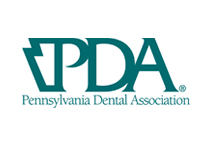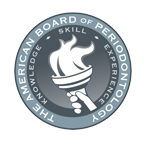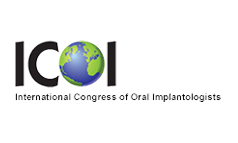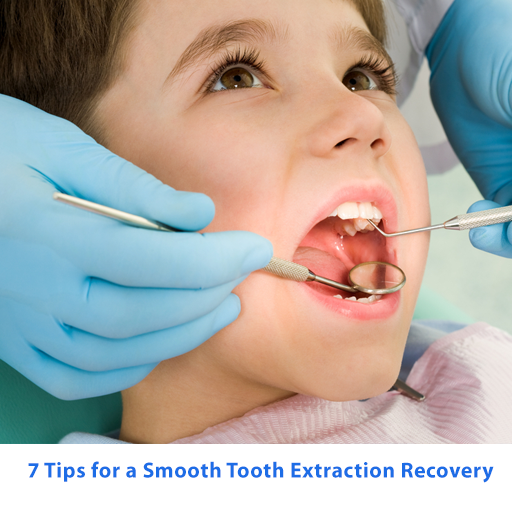
Introduction:
Facing a tooth extraction might seem scary, but with the right info and prep, your recovery can be a breeze. It doesn’t matter if it’s a wisdom tooth or a regular one causing trouble; looking after yourself after the procedure is super important for a quick and painless comeback. In this guide, we’ll spill the beans on seven key tips to make sure your recovery from a tooth extraction is as easy as can be. We’ve got advice on handling pain, keeping your mouth clean, and everything else you need to know to get back to normal without a hitch.
Summary
1. Follow Post-Operative Instructions Diligently
2. Manage Pain and Swelling Effectively
3. Maintain Proper Oral Hygiene
4. Stick to Soft and Nourishing Foods
6. Avoid Smoking and Alcohol Consumption
7. Attend Follow-Up Appointments
1. Follow Post-Operative Instructions Diligently
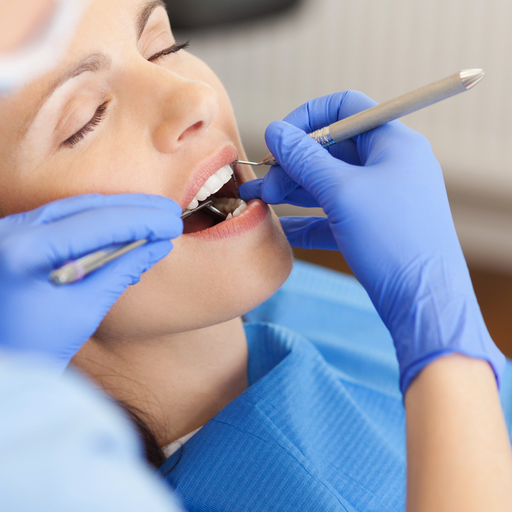
Right after your tooth is pulled out, your dentist or oral surgeon will give you some important rules to follow. These rules are made just for you and are meant to help you heal without any problems. It’s really important to stick to these rules carefully so you can get better smoothly. This might mean taking the medicine your dentist gives you, like painkillers or antibiotics, and not doing things that could mess up your healing, like rinsing your mouth too hard or using straws. Following these instructions exactly as they’re given can make a big difference in how quickly you recover from your tooth extraction.
These instructions are like a roadmap for your recovery journey, guiding you on what to do and what to avoid. By following them closely, you’re giving your body the best chance to heal well. Think of it as taking care of a new plant – you need to water it just right and keep it away from things that could harm it until it’s strong enough to thrive on its own. So, listen to your dentist’s advice and follow their instructions carefully to ensure a smooth and speedy recovery.
2. Manage Pain and Swelling Effectively
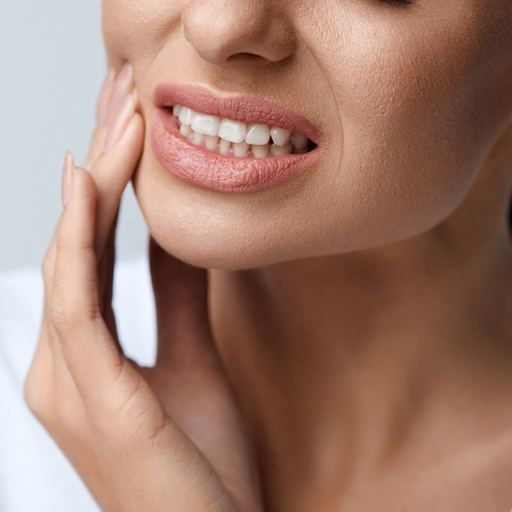
Feeling pain and swelling after getting a tooth removed is pretty normal, but there are things you can do to make them feel better. Taking some over-the-counter pain medicine like ibuprofen or acetaminophen can help with the pain. You can also try putting an ice pack on your cheek where the tooth was pulled, but remember to take breaks so you don’t hurt your skin. It’s important to follow the instructions on the medicine bottle and talk to your dentist if the pain doesn’t go away or gets bad. They might have other options to help you feel better.
Sometimes, the pain and swelling might stick around longer than expected or even get worse. If that happens, don’t hesitate to reach out to your dentist for help. They’re there to support you and can give you advice on what to do next. By communicating with your dentist and following their guidance, you can find relief and get back to feeling like yourself again.
3. Maintain Proper Oral Hygiene
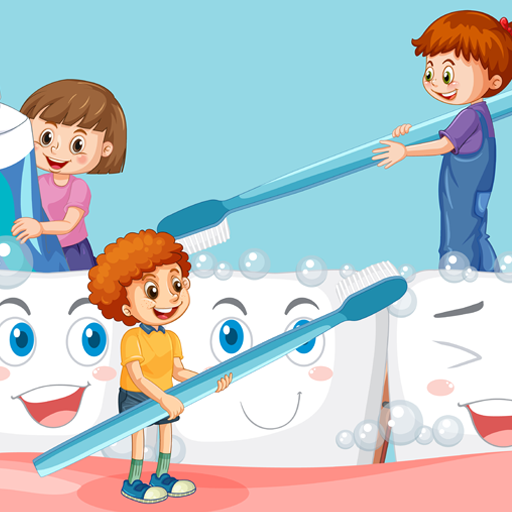
Looking after your mouth after getting a tooth pulled is super important for healing smoothly. Even though you have to be gentle around where the tooth was removed, keeping your mouth clean is crucial to prevent infections and keep everything healthy. After a whole day passes, start rinsing your mouth gently with warm salt water a few times each day. This helps clean the spot and stops too many germs from building up. But be careful not to rinse or brush too hard over where the tooth was pulled because that might bother it or move the blood clot that’s helping it heal.
4. Stick to Soft and Nourishing Foods
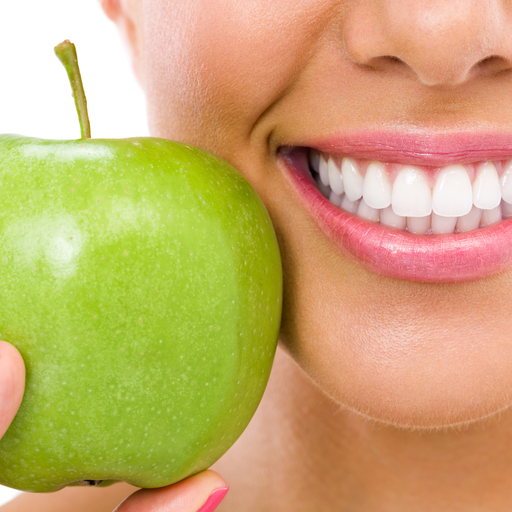
After you’ve had a tooth taken out, it’s a good idea to eat foods that are soft and easy to chew. These kinds of foods are less likely to bother the spot where your tooth was removed. Instead of tough stuff like nuts or chips, try foods like smoothies, yogurt, mashed potatoes, and scrambled eggs. These foods have lots of good stuff in them, like vitamins and minerals, that can help your mouth heal faster.
It’s important to avoid eating foods that are hard, crunchy, or spicy because they can make the spot where your tooth was taken out feel worse and take longer to heal. Think of it like giving your mouth a break – by choosing soft and nourishing foods, you’re giving your mouth the chance to recover without any extra stress. So, stick to foods that are gentle in your mouth and help you feel better faster.
5. Stay Hydrated and Rested

Keeping your body hydrated and getting enough rest is important when you’re recovering from a tooth extraction. Drinking lots of water helps keep your body hydrated, which is super important for healing. But remember, try not to use straws because sucking on them can make the blood clots in your mouth come loose, and that’s not good for healing.
It’s also essential to give your body plenty of rest after getting a tooth taken out. Your body needs time to heal, and resting helps your body focus its energy on getting better. So, take it easy and give yourself time to rest and recover. Think of it like recharging your batteries – by resting up and staying hydrated, you’re giving your body the best chance to bounce back and feel better soon.
6. Avoid Smoking and Alcohol Consumption
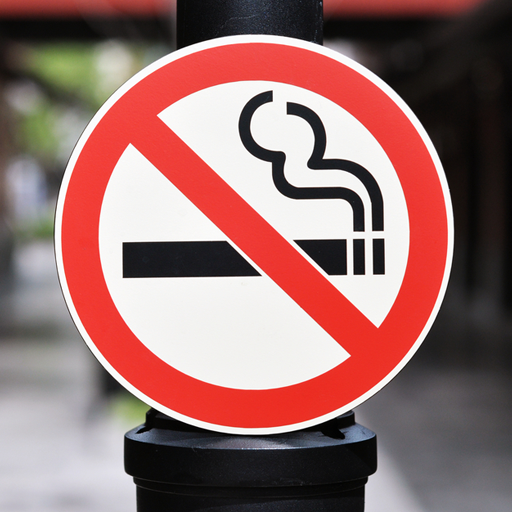
It’s really important to steer clear of smoking and drinking alcohol after you’ve had a tooth pulled. Both of these things can make it harder for your mouth to heal properly and might even cause some complications. Smoking, especially, is bad because nicotine makes your blood vessels narrow, which means less blood gets to the spot where your tooth was pulled. This slows down the healing process and makes it take longer for your mouth to get better. Alcohol is not a good idea either because it can mess with the medicine you might be taking and make any swelling or pain worse.
The best thing to do during your recovery time is to avoid smoking and drinking alcohol completely. It might be tough, but it’s worth it to help your mouth heal up as quickly as possible. Think of it like giving your mouth a vacation from things that could slow down its healing process. By steering clear of smoking and alcohol, you’re giving your mouth the best chance to recover smoothly and without any extra problems.
7. Attend Follow-Up Appointments
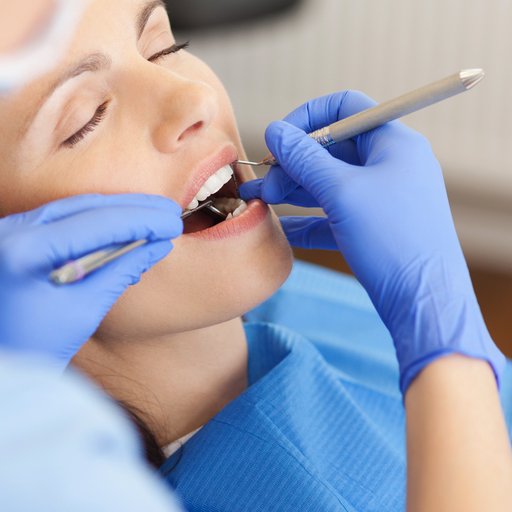
It’s really important to keep your follow-up appointments with your dentist or oral surgeon after getting a tooth pulled. These check-ups help your dentist see how you’re doing and catch any problems early. Make sure to go to all the appointments they set up for you and tell them if anything doesn’t seem right, like if you’re still feeling a lot of pain or notice any swelling or signs of infection. Your dentist can give you advice tailored to you and make any changes to your treatment plan if needed to help you get better.
Think of your follow-up appointments like pit stops on your journey to feeling better – they help make sure you’re going in the right direction and fix any issues before they get worse. By going to these appointments and staying in touch with your dentist, you’re taking an active part in your recovery and giving yourself the best chance to get back to feeling normal again.
FAQs:
Q.1. How long does it take to recover from a tooth extraction?
A.1. Recovery time can vary depending on factors such as the complexity of the extraction and your overall health. In general, most people can expect to fully recover within one to two weeks.
Q.2. Is it normal to experience pain after a tooth extraction?
A.2. Some discomfort and pain are normal following a tooth extraction, but it should gradually improve over time. If you experience severe or persistent pain, be sure to contact your dentist or oral surgeon for further evaluation.
Q.3. Can I brush my teeth after a tooth extraction?
A.3. It’s essential to maintain proper oral hygiene following a tooth extraction, but you should avoid brushing directly over the extraction site for the first 24 hours. After that, you can gently brush your teeth, being careful to avoid the surgical area.
Q.4. When can I resume normal activities after a tooth extraction?
A.4. It’s best to take it easy and avoid strenuous activities for the first few days following a tooth extraction. You can gradually resume normal activities as you feel comfortable, but be sure to follow your dentist’s recommendations and avoid anything that may disrupt the healing process.
Q.5. What should I do if I experience complications during my recovery?
A.5. If you experience any complications during your recovery, such as excessive bleeding, swelling, or signs of infection, it’s essential to contact your dentist or oral surgeon immediately for further evaluation and guidance.
Conclusion:
Recovering from a tooth extraction may seem daunting, but by following these seven tips, you can navigate the process with confidence and ease. From diligently following post-operative instructions to maintaining proper oral hygiene and nutrition, taking proactive steps to care for yourself can make all the difference in ensuring a smooth and successful recovery. Remember to be patient with yourself and prioritize self-care as you embark on this journey toward healing.
For personalized assistance or to schedule a consultation, don’t hesitate to reach out to our dedicated team at (267) 908-4867. Your smile is our top priority, and we are steadfast in our commitment to providing you with the information and support needed to make your dental experience both comfortable and successful. Trust us to prioritize your oral health journey, and we eagerly anticipate being a partner in your quest for a healthy and radiant smile.




